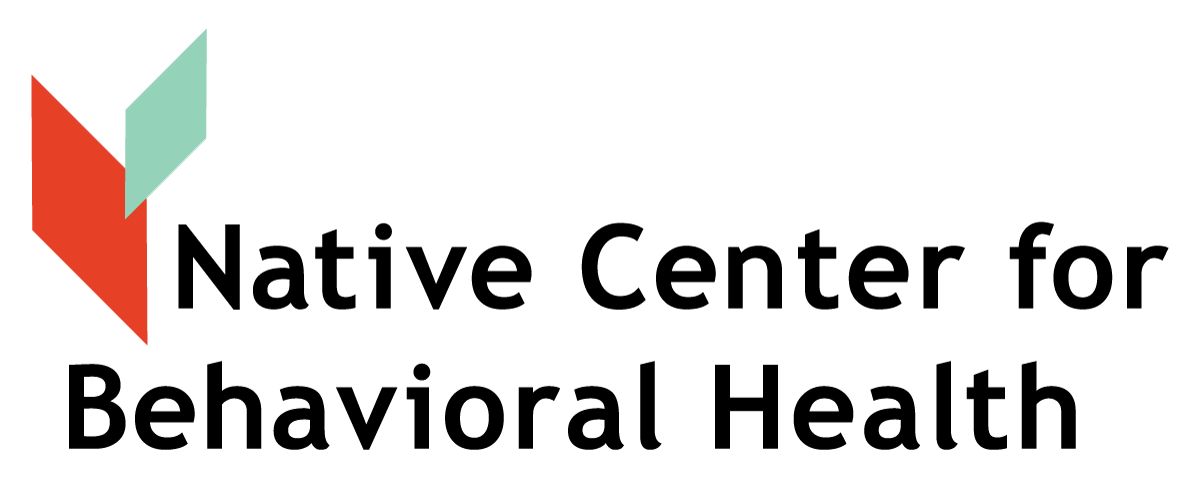Reflections using the skill of summarizing conversations can be helpful tools that help to motivate and reinforce a person’s goals for change. When done within the Spirit and Style of Motivational Interviewing (MI), they can also reinforce and call forth areas to highlight change processes.
Summary reflections are helpful to:
-
Allow the person you are speaking with to know that you understand them.
-
Listen for areas that reinforce areas where the person shows motivation to move forward in a change cycle.
-
Mark a time in the change cycle when the person might be ready to start planning for making important changes.
Below is an example of how each of these areas can be highlighted.
Scenario
Julia is a young mother with 3 children, ages1, 3, and 5. A neighbor contacted the tribal child welfare office worried about the children. Julia has been known to struggle with food insecurity and stable housing, and drug abuse off and on. The father of her children is reported to be in the house occasionally but his level of involvement in support or parenting is unknown. She doesn’t seem to have nearby relatives to support her, although efforts to help her and provide support have been attempted. Each time offers of assistance were given, she became agitated and asked the helpers to leave. The case was assigned to a caseworker to assess the safety of the children and determine whether Julia is willing to participate in services or whether her case needs to be brought to court due to the children being unsafe.
The following exchange is a conversation with her child welfare worker and Julia.
Child welfare worker (CWW): Hello Julia. How is your day so far? Would you like something to drink or eat before we begin?
Julia: No, thank you.
CWW: Well, shall we begin our conversation by you letting me know what brings you to the appointment today?
Julia: Fine.
CWW: What would you like me to know?
Julia: I feel picked on. Someone is telling me I am not a good mother. My kids are well taken care of, I am confused.
The learner fills in the blank, making a summary reflective statement.
Some Prompts
So far, we have talked about…
You…
Let’s review….
Summary reflective statements can show how well the person feels heard and understood, while also highlighting any motivation to engage in a change process and conversation. At the end of each reflection, remember to ask:
Is there anything that I missed that is important to you?
Have I summarized accurately your meaning and feelings?
Self-Reflection:
What type of summary statement do I think I used?
How would I evaluate the strength of the statement?
Would a peer, supervisor, or other person agree with my evaluation?

Summary Reflective Listening
Motivational Interviewing Strategies for practice:
Tracey is a 25-year-old young woman who presented for help at Social Services clinic for assistance. She was referred by her Child Welfare worker who was called into her home after a few relatives were worried about her young children. Tracey has 3 children, ages 7, 4, and 1. The case worker went to the home and found that it was chaotic. The children seem unkempt, the house was full of unwashed dishes, and the laundry had been piled up what looked like for days. Upon entering the home, and with permission from Tracey, the case worker began to assist her with obtaining help for her family and herself. Tracey indicated she needed clothes, and baby items as well as money for rent. The case worker asked her if she would attend a meeting at Social Services in the community to get started with receiving those services and be willing to attend counseling. Tracey said she would attend Social Services for her most urgent needs.
While at the meeting, the Social Service provider asked Tracey the questions below. Each of the 5 questions assumes Tracey is at a certain place in the process of change. Can you match where each question is best used at what place in the Cycle of Change?
Hover over each blank box to reveal the answer.

Questions
Name the appropriate cycle of change
Cycles of change
What brings you here today?
What changes would you like to plan for before you leave?
How have you done with going to parenting meetings?
What has been your experience with counseling before?
You have mentioned many things you would like to address today, which one is the most important to you now?
Engagement
Evocation/Planning
Evocation
Evocation/Engagement
Focusing
Focus (Not sure where to start)
Engagement (new to the idea of change or may not want to change)
Planning (commitment to changing)
Evocation (more ready for change but may not have a plan to change)



